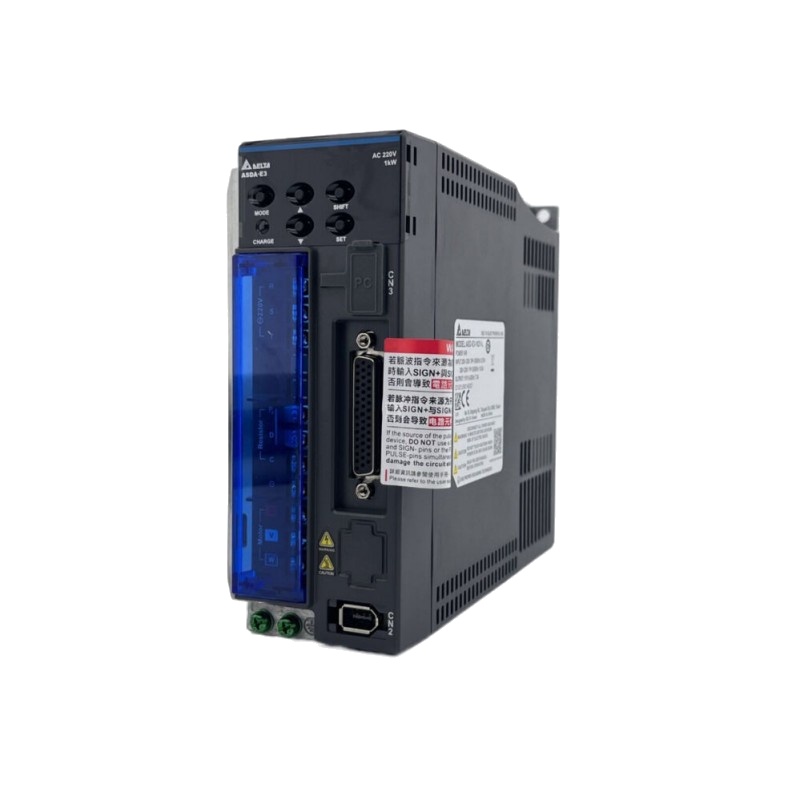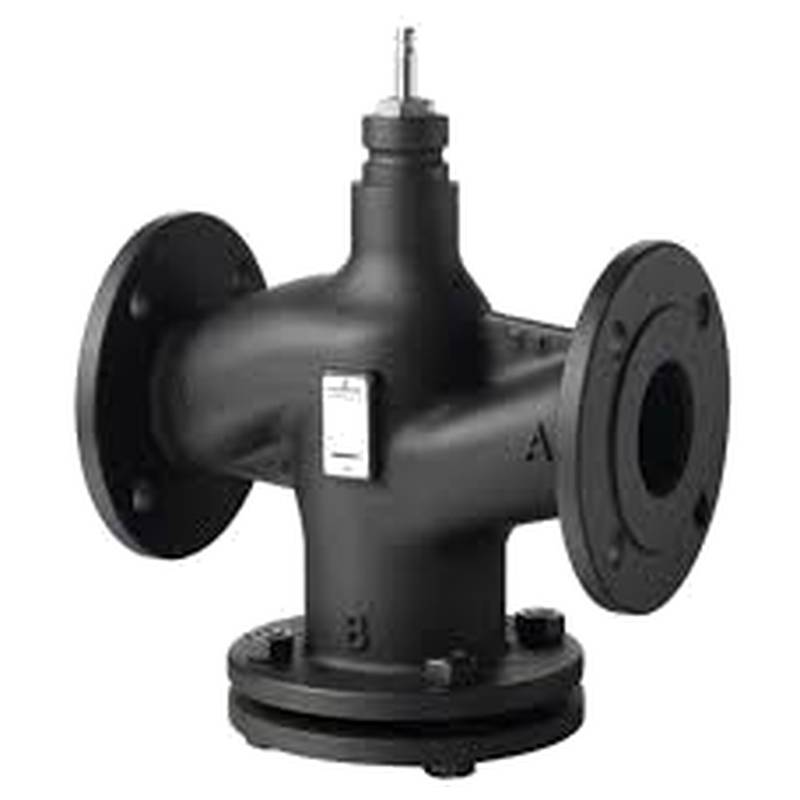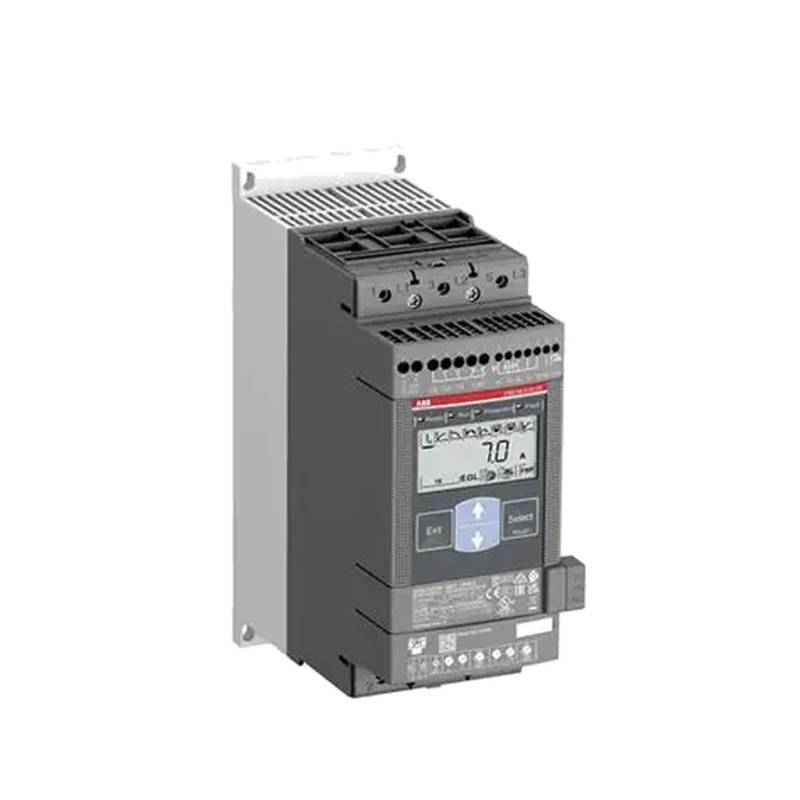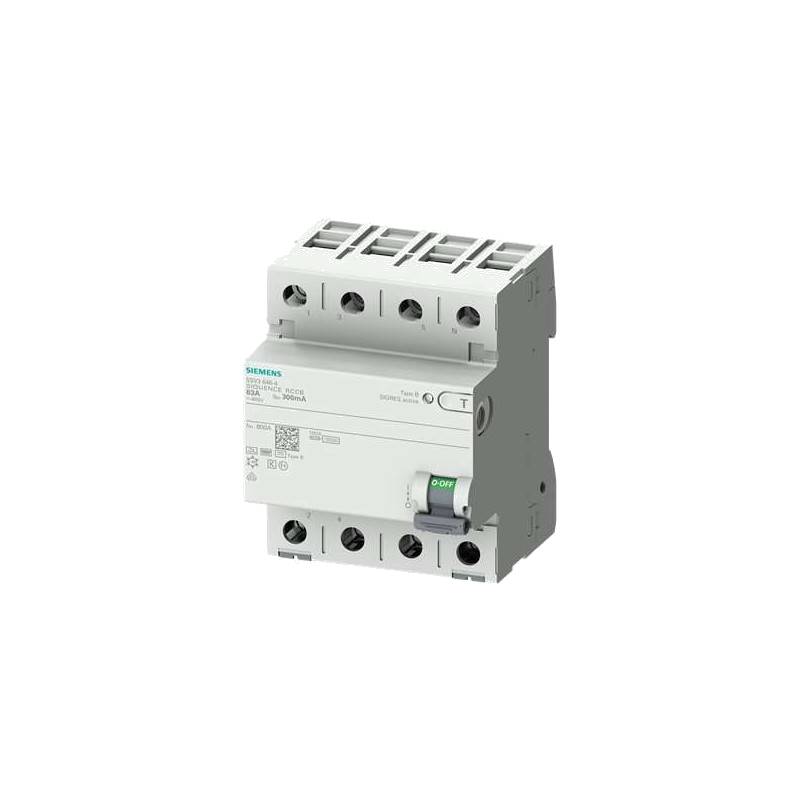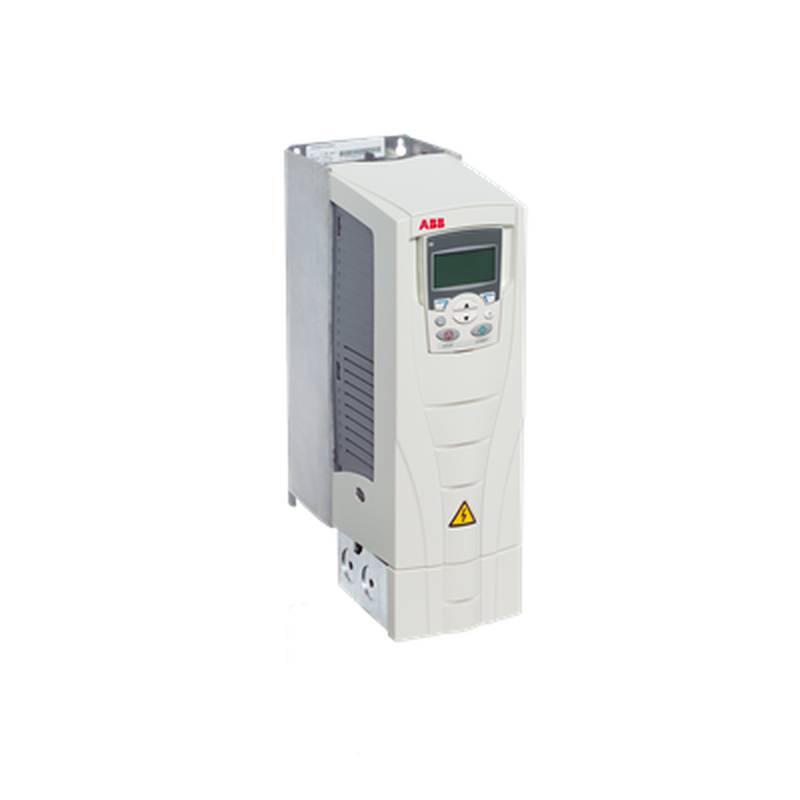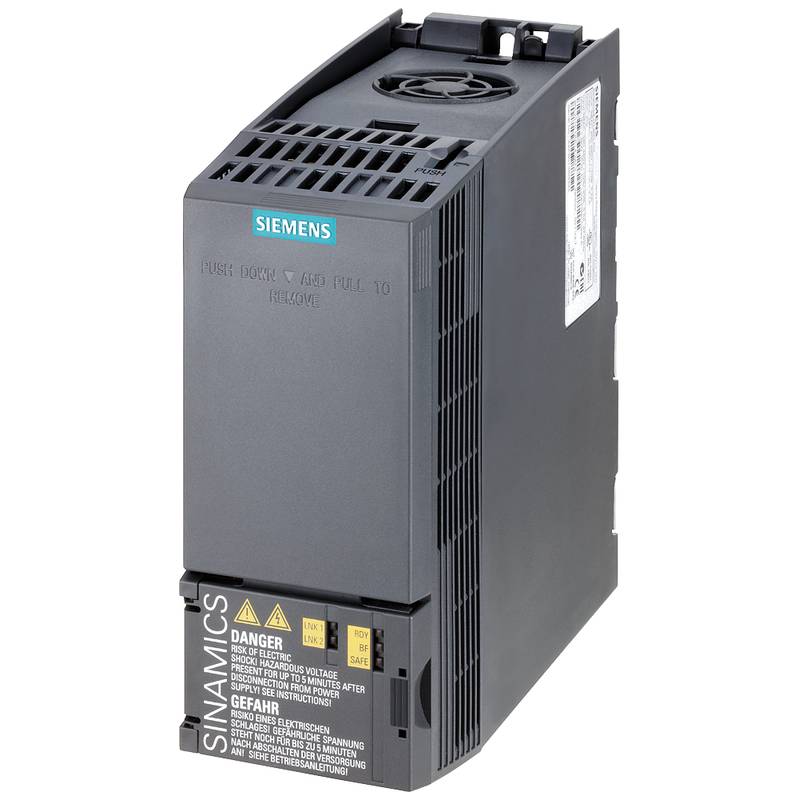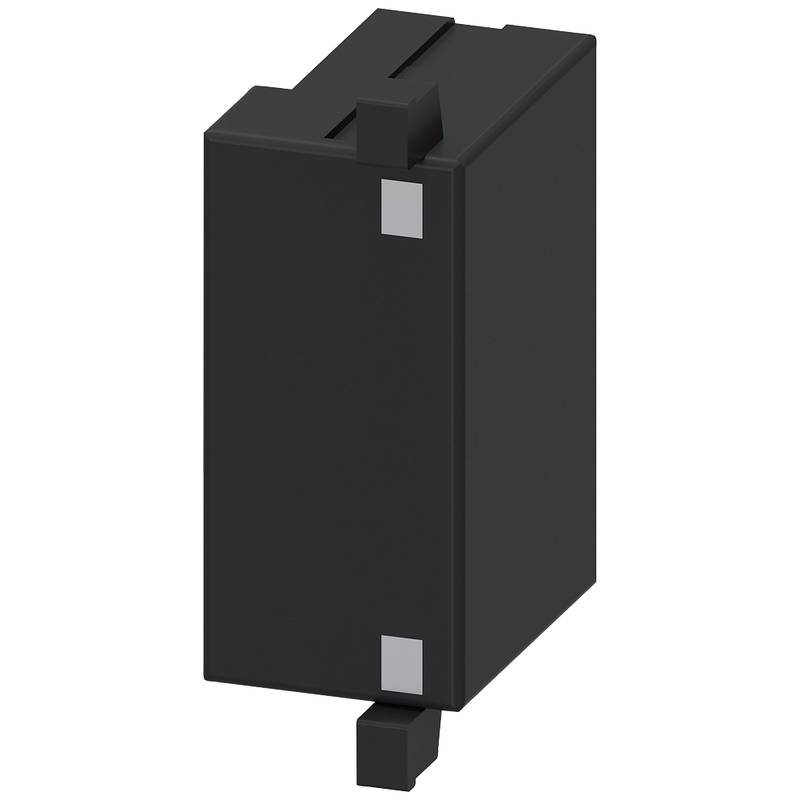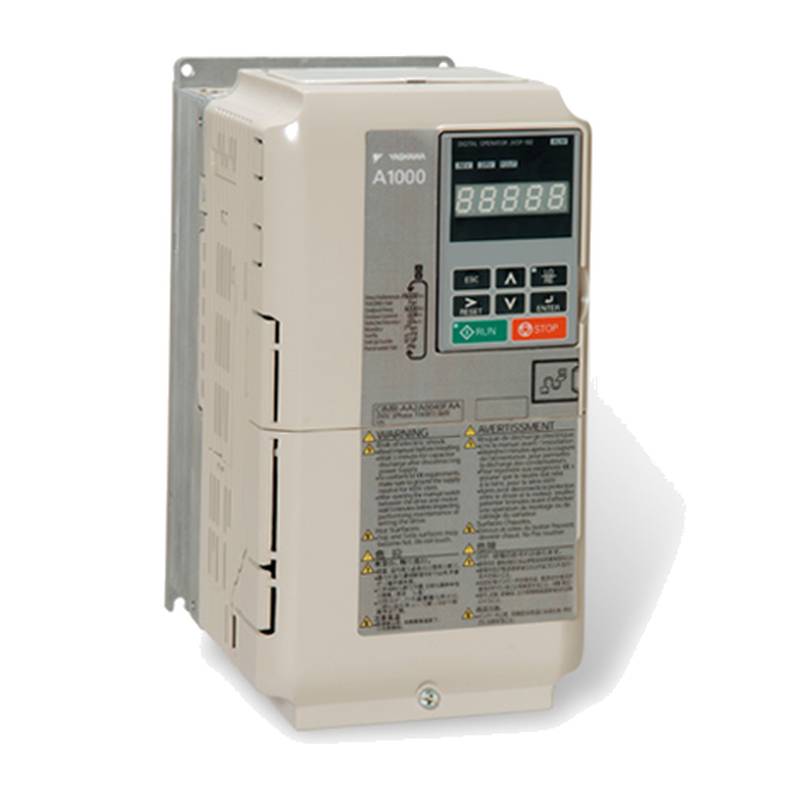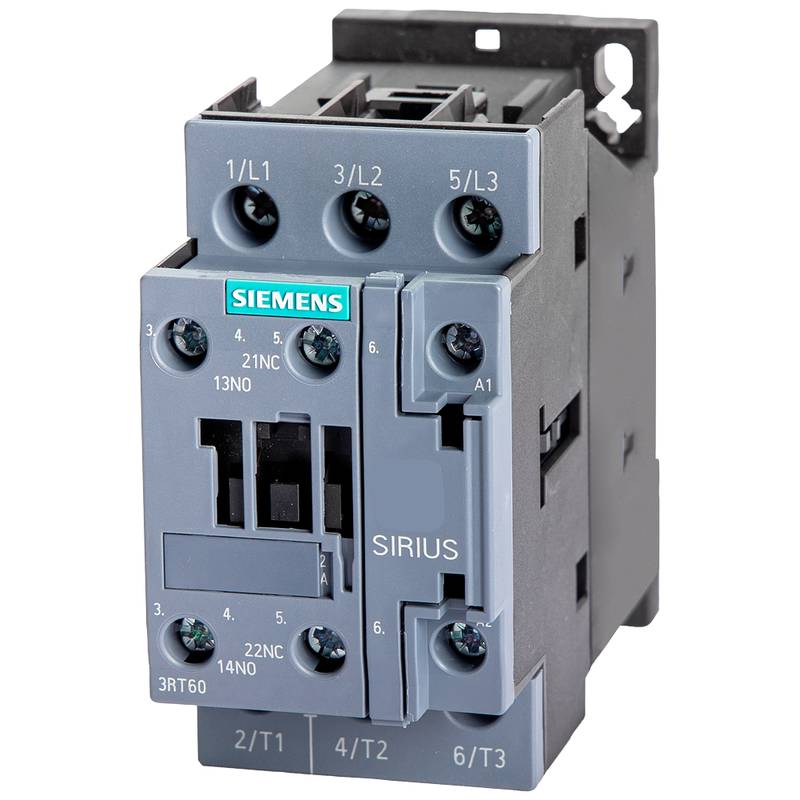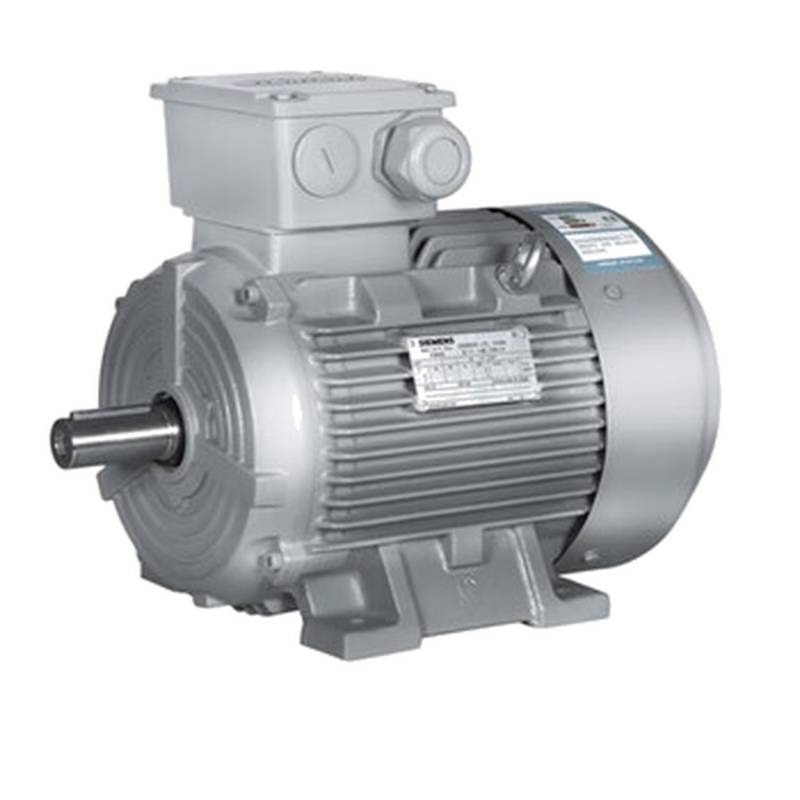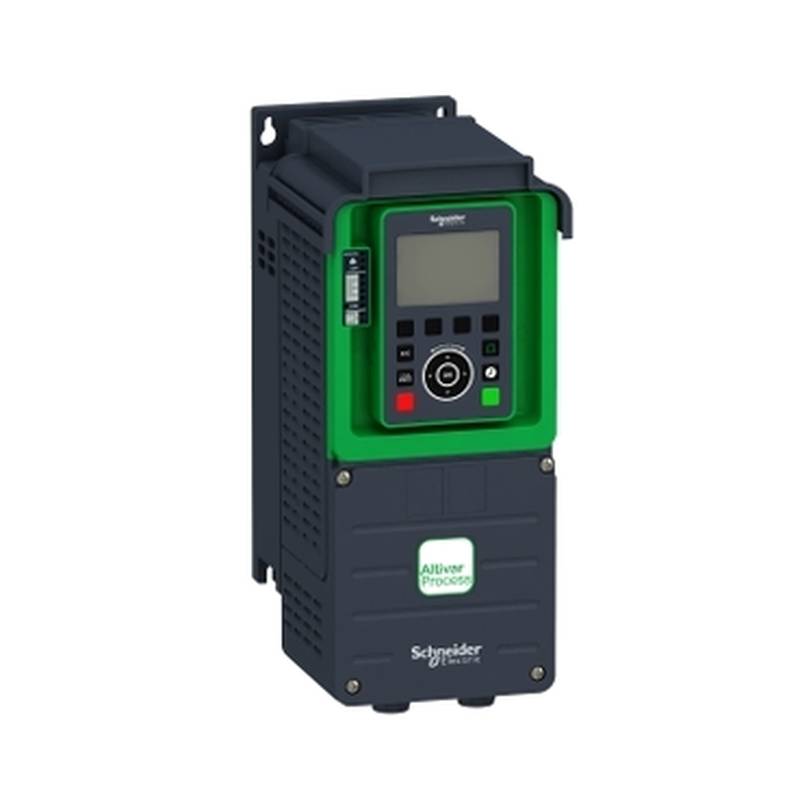
The Delta ASD-E3-2023-E Standard High Power Servo Drive is engineered to deliver exceptional performance and reliability in demanding industrial automation applications. This robust servo drive boasts a high power output of 2.3kW, an input voltage range of 200-240VAC, and supports advanced control modes including position, velocity, and torque. Its integrated safety features and flexible communication options make it a superior choice for complex machinery.
| Feature | Specification |
| :---------------------- | :------------------- |
| Model | ASD-E3-2023-E |
| Rated Output Power | 2.3 kW |
| Input Voltage | 200-240 VAC |
| Output Voltage | 200-240 VAC |
| Control Modes | Position, Velocity, Torque |
| Communication Interfaces | RS-485, CANopen |
| Overload Capacity | 150% for 60s |
| Braking Unit | Built-in |
| Operating Temperature | 0-55°C |
| Dimensions (WxHxD) | 150 x 250 x 200 mm |
Core Features & Market Positioning
The Delta ASD-E3-2023-E stands out in the competitive servo drive market due to its advanced digital signal processing (DSP) and sophisticated algorithms that ensure precise motion control. It offers superior torque smoothness and high-speed response, critical for applications requiring intricate movements and rapid acceleration/deceleration. The drive's robust design, incorporating a built-in braking unit, minimizes external component requirements and enhances system reliability. Furthermore, its compatibility with Delta's extensive range of servo motors and encoders provides a seamless, high-performance automation solution, positioning it as a top-tier choice for system integrators and machine builders prioritizing efficiency and accuracy.
Key Application Scenarios
This high-power servo drive excels in a variety of industrial settings. It is ideally suited for packaging machinery, where precise control over conveyor belts and robotic pick-and-place operations is paramount. In the printing and textile industries, the ASD-E3-2023-E enables high-speed, accurate positioning for printing heads and fabric feeding mechanisms. Its robust performance also makes it a viable option for machine tools requiring dynamic axis control and material handling systems that demand consistent, powerful movements. The drive's versatility allows it to be integrated into complex automated assembly lines, enhancing throughput and product quality.
Practical System Integration Guidance
Integrating the Delta ASD-E3-2023-E involves careful attention to wiring and parameter configuration. Proper grounding and shielded cabling are essential to prevent electrical noise interference, ensuring optimal drive performance. For communication, the RS-485 or CANopen interfaces can be configured using Delta's accompanying software, such as Delta's Motion Programming Software (DMPS), to establish communication with PLCs or HMIs. Key parameters for initial setup include motor pole number, encoder resolution, and control mode selection. The drive's advanced tuning features, including auto-tuning capabilities, simplify the process of optimizing performance for specific servo motors, reducing commissioning time.
Operation and Risk Mitigation
Safe operation of the Delta ASD-E3-2023-E necessitates adherence to electrical safety standards and proper enclosure. Ensure the drive is installed in a well-ventilated area to maintain optimal operating temperatures and prevent overheating. Before powering up, verify all connections and parameter settings. Common troubleshooting involves checking for fault codes displayed on the drive's interface, which can indicate issues like overcurrent, overvoltage, or motor feedback errors. Consult the technical manual for detailed explanations of error codes (e.g., E01 for Overcurrent, E02 for Overvoltage) and recommended corrective actions, such as verifying motor wiring or adjusting current limits.
Scalability & Long-Term Value
The Delta ASD-E3-2023-E servo drive offers significant scalability and long-term value through its compatibility with Delta's broader automation ecosystem. Its modular design and standard communication protocols allow for easy integration into larger systems and future upgrades. The drive supports various encoder types, providing flexibility for different levels of precision and performance. As industries move towards Industry 4.0, the ASD-E3-2023-E can be integrated with IIoT platforms, enabling remote monitoring, predictive maintenance, and data analytics for enhanced operational efficiency and reduced downtime. This forward-looking design ensures sustained relevance and return on investment.
Frequently Asked Questions
What is the primary function of the Delta ASD-E3-2023-E servo drive?
This servo drive precisely controls the speed, position, and torque of servo motors in industrial machinery. It ensures accurate and dynamic motion required for automation tasks.
It is designed for high-power applications, offering robust performance and reliability in demanding environments. The drive enables complex movements for improved efficiency.
Key technical specifications include a 2.3kW output, 200-240VAC input, and support for multiple control modes and communication protocols.
How does the Delta ASD-E3-2023-E handle overloads?
The drive can sustain a 150% overload for up to 60 seconds, providing ample capacity for acceleration and transient loads. This prevents performance degradation during peak demand.
Its advanced thermal management system and robust components ensure that these overloads do not lead to drive failure. The braking unit also assists in managing kinetic energy.
Built-in protection mechanisms monitor overload conditions and can trigger fault responses if extended overloads are detected, ensuring system safety.
What communication protocols are supported by the ASD-E3-2023-E?
It supports standard industrial communication protocols like RS-485 and CANopen, allowing seamless integration with PLCs and other control systems. These protocols facilitate robust data exchange.
RS-485 offers reliable serial communication for moderate distances, while CANopen provides a flexible and efficient network for distributed control applications.
Users can configure these communication options via Delta's software, enabling flexible network topologies and remote control capabilities for advanced automation.
Can this servo drive be used with any brand of servo motor?
While optimized for Delta servo motors, the ASD-E3-2023-E can be configured to work with other compatible servo motors. Proper parameterization is crucial for optimal performance.
Users must carefully input motor specifications such as pole count, rated voltage, and feedback type into the drive's settings. Auto-tuning features can assist in this process.
Compatibility is subject to the motor's electrical characteristics and encoder feedback type; consult datasheets for specific motor requirements and drive limitations.
What are the typical applications for this high-power servo drive?
This drive is ideal for demanding tasks in packaging, printing, textile, and material handling machinery. It handles high-speed and precise motion requirements.
Applications include high-cycle pick-and-place robots, automated assembly lines, and precision machine tools requiring dynamic axis control.
Its robust power output and control capabilities ensure efficient operation in systems where consistent, powerful motion is essential for productivity.
How do I perform initial setup and parameterization for the ASD-E3-2023-E?
Initial setup involves wiring the motor, power, and control signals, then configuring essential motor and feedback parameters via Delta's software. Always follow safety guidelines.
Key parameters include motor identification (pole count, rated current), encoder type and resolution, and the desired control mode (position, velocity, or torque).
Delta's Auto-Tuning function can automatically determine optimal parameters for motor tuning, simplifying commissioning. However, manual adjustments may be needed for fine-tuning performance.
What safety features are integrated into the ASD-E3-2023-E?
The drive includes a built-in braking unit for rapid deceleration and safe stopping of the motor. It also incorporates overcurrent, overvoltage, and overtemperature protection.
Safe Torque Off (STO) functionality is often available, preventing unexpected machine motion by disabling the drive's output torque, crucial for operator safety.
Proper installation, including grounding and adherence to electrical codes, is paramount for realizing the full safety potential of the drive and connected system.
What is the role of the built-in braking unit?
The integrated braking unit dissipates regenerative energy generated during deceleration or overhauling loads as heat. This prevents excessive DC bus voltage buildup.
It ensures the motor and connected load can be brought to a safe stop quickly and reliably, especially in vertical axis applications or when high inertia loads are involved.
The braking resistor (often external, depending on the application's energy dissipation needs) works in conjunction with the drive's internal braking control logic.
How does the drive contribute to Industry 4.0 integration?
The ASD-E3-2023-E supports standard communication protocols like CANopen, enabling integration into networked automation systems for data exchange and remote monitoring.
It can be connected to industrial gateways or IIoT platforms, allowing for real-time data acquisition, performance analytics, and predictive maintenance strategies.
This connectivity facilitates the creation of "smart" factories where machines operate autonomously, optimize processes based on data, and report operational status efficiently.
What are common fault codes and their meanings?
Common fault codes include E01 (Overcurrent), E02 (Overvoltage), E03 (Undervoltage), E04 (Motor Overheating), and E05 (Encoder Fault). These indicate specific operational issues.
An E01 fault, for example, suggests the motor current exceeds the drive's limit, possibly due to excessive load, incorrect motor parameters, or a short circuit.
Referencing the drive's technical manual is essential for diagnosing specific fault codes and implementing the correct troubleshooting steps to resolve the issue safely.














